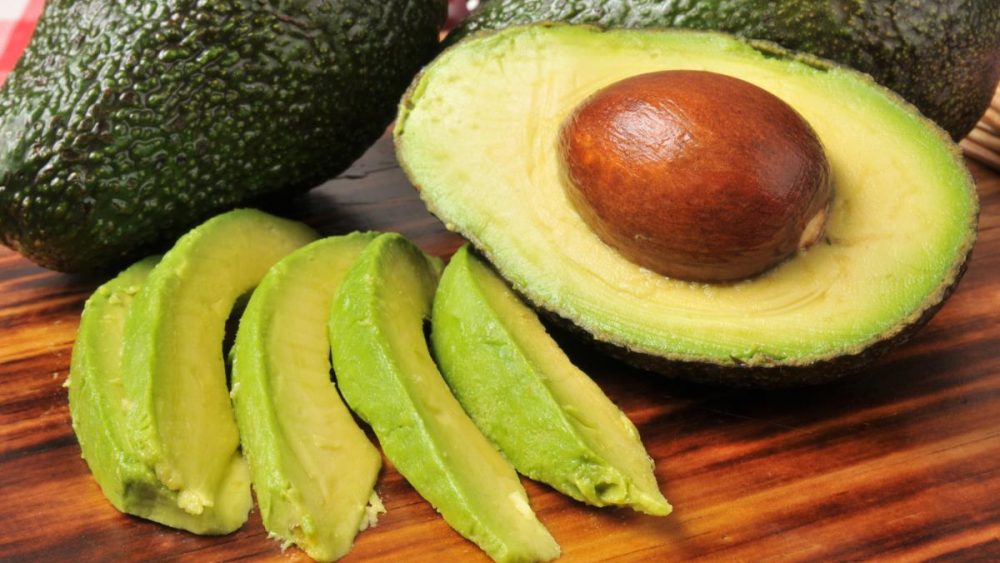
Advertisement
Healthcare professionals usually suggest a sufficient potassium intake to lower an individual’s blood pressure and the risk of cardiovascular damage, coronary heart disease, and stroke.
But according to a review, for patients with advanced chronic kidney disease (CKD) and those with end stage renal disease (ESRD), potassium intake must be carefully controlled to prevent hyperkalemia.
The authors of the review, who hail from the University of Pisa (UniPi) in Italy, the University of Tennessee, Knoxville, and the University of California Irvine (UCI), said that the main hurdle that must be faced when it comes to dietary potassium management in patients with CKD and ESRD is maintaining a high fiber intake together with a low net fixed-acid load.
Since cardiovascular disease, metabolic acidosis, and constipation are common comorbidities (or the condition wherein a patient has two chronic diseases) in advanced CKD patients, their diets must include “heart-healthy nutrients with high fiber, high anti-oxidant vitamins, and high alkali content” like fresh fruits and vegetables.
The authors also cautioned that since these foods are rich in potassium, they might also cause hyperkalemia.
Preventing hyperkalemia
Professor Adamasco Cupisti, the review’s lead author from UniPi, said that to carefully minimize dietary potassium load without causing a decrease in alkali or fiber intake, the implementation of the following dietary interventions can help:
- Educating the general public about types of foods with excess potassium, especially per serving or per unit of weight;
- Identifying foods that are healthy for patients and classifying foods according to the potassium content normalized per unit of dietary fiber;
- Educating the general public about the use of specific cooking procedures (e.g. boiling) to effectively minimize food potassium levels before consumption; and
- Bringing attention to hidden sources of potassium, especially certain additives in preserved foods and low-sodium salt substitutes. (Related: Think before you drink!)
With these guidelines in mind, Cupisti suggested the consumption of foods with a “low potassium to fiber and protein ratio.” He also advised patients with hyperkalemia to steer clear of high potassium foods.
Cupisti commented, “Using these principles, a pragmatic educational tool can be prepared to make the implementation of diets with limited potassium content and more patient-friendly in the management for CKD and ESRD patients with chronic or recurrent hyperkalemia.”
The US Food and Nutrition Board of the Institute of Medicine advised healthy adults to consume at least 4.7 grams/day (g/d) of potassium. On the other hand, the World Health Organization (WHO) recommends 3.9 g/d.
Professor Kamyar Kalantar-Zadeh, a co-author from UCI, noted that these levels of potassium intake are also suitable for patients with mild-moderate CKD and low proteinuria. But lower intakes are advised if patients are receiving angiotensin-converting enzyme (ACE) inhibitors or other potassium-sparing medications.
The researchers emphasized that for patients with advanced CKD, ESRD, or those undergoing regular hemodialysis, potassium intake must be restricted to less than 3 g/d of potassium.
Hyperkalemia is generally identified as a serum potassium level higher than 5.3 milliequivalents per liter (meq/L).
Fast facts on hyperkalemia
- Hyperkalemia is a common diagnosis wherein an individual has high blood potassium levels.
- Any condition that causes even mild hyperkalemia must be treated immediately to prevent the onset of more severe hyperkalemia.
- Excessive levels of potassium in the blood, or severe hyperkalemia, can result in cardiac arrest and even death. When not recognized and treated immediately, severe hyperkalemia has a high mortality rate.
You can read more articles about fresh food and tips on how to eat healthy at Fresh.news.
Sources include:
Advertisements







